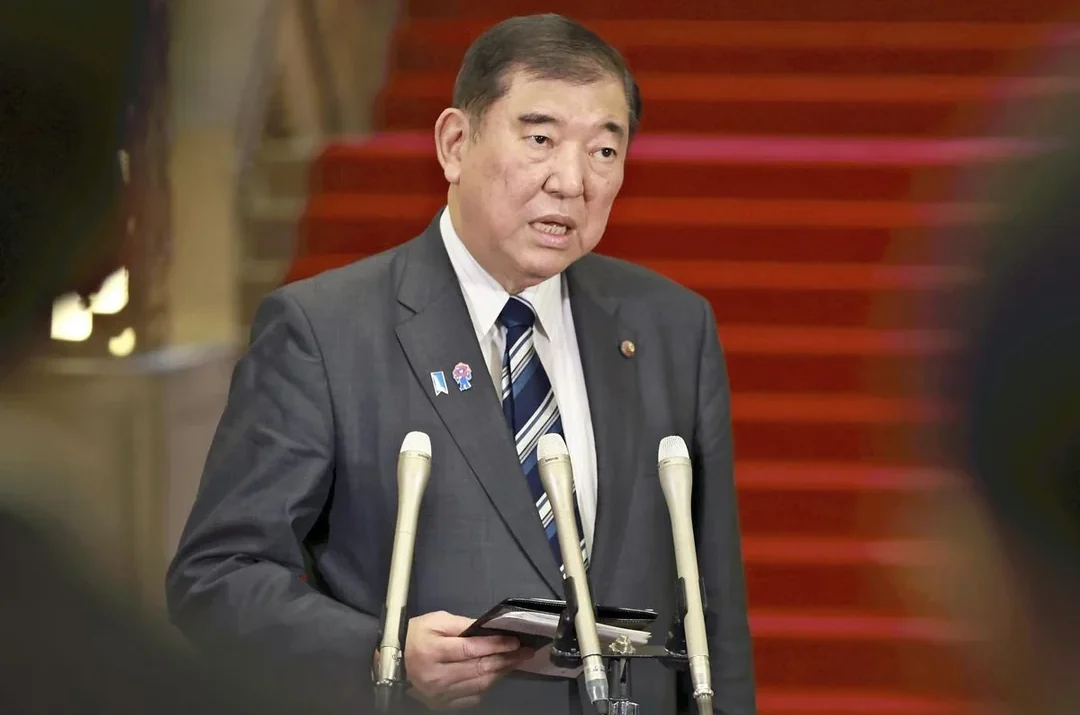The United States has rejected Japan’s request for a full exemption from the recently imposed 10% “reciprocal” tariff and a 14% country-specific tariff, according to Kyodo News sources familiar with the negotiations.
In high-stakes trade talks, U.S. officials, including Treasury Secretary Scott Bessent, informed Japan’s chief negotiator Ryosei Akazawa that the Trump administration would only consider reducing the 14% country-specific tariff, which has been temporarily suspended until early July.
Key points from the talks:
- The U.S. made clear it will not negotiate on the global 10% tariff baseline or on additional 25% duties on cars, steel, and aluminum.
- Japan has been pushing for full removal of these tariffs, emphasizing its investment and job creation contributions to the U.S. economy.
- U.S. negotiators indicated they will only contemplate extending the 90-day tariff suspension or reducing the 14% tariff if sufficient progress is made in ongoing negotiations.
Washington’s demands:
The U.S. has signaled that Japan needs to further open its auto and agricultural sectors, expressing frustration over:
- The limited number of U.S.-made cars imported into Japan.
- Japan’s tight restrictions on U.S.-grown crops.
Global context:
Japan is among the first countries to engage with the U.S. over the new tariffs, part of Trump’s wider “reciprocal” trade policy that has rattled global markets.
As the next round of talks approaches, pressure is mounting on both sides to find common ground before the July deadline.
Related: Trump announces 100% tariff on movies ‘produced in foreign lands’
Trump says he will not drop tariffs to get China to negotiating table










